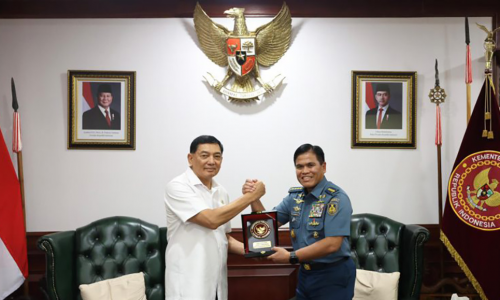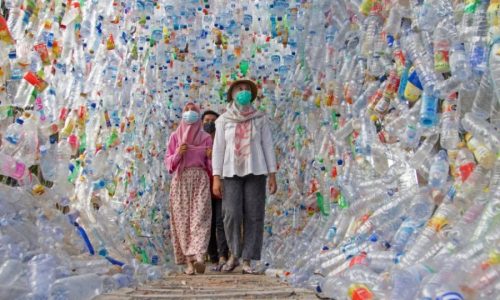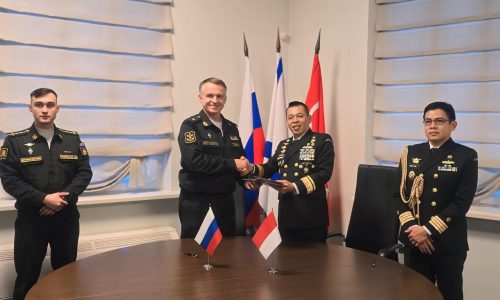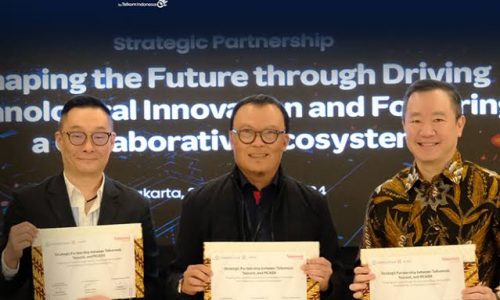The indigenous communities of Poco Leok in Manggarai Regency, East Nusa Tenggara, which include Gendang Mucu, Mocok, Mori, Nderu, Cako, Ncamar, Rebak, Jong, Tere, and Lungar, continue to resist the geothermal mining project led by PT PLN. This project, aimed at expanding the Ulumbu Geothermal Power Plant (PLTP) to Units 5 and 6, threatens to disrupt their ancestral lands and displace their traditional ways of life. Backed by Germany’s Kreditanstalt für Wiederaufbau (KfW), the project has been the subject of growing opposition from local residents, who demand that KfW withdraw its financial support and acknowledge the harm done to the community.
At a recent forum organized by Monkey Forest Consulting (MFC), consultants reported findings that pointed to PT PLN’s inadequate efforts to fulfill Free, Prior, and Informed Consent (FPIC). These findings led to a recommendation to repeat the FPIC process and rebuild community trust. However, for the people of Poco Leok, these suggested improvements fall short of their ultimate goal—a complete halt to the geothermal project that endangers their environment and livelihoods. According to campaigners from the Mining Advocacy Network (Jatam), recommending FPIC improvements misses the core issue, as the community’s opposition is absolute and non-negotiable.
The forum also highlighted recent visits by KfW representatives, who met with the Poco Leok residents to discuss the ongoing project. Despite these meetings, residents continue to demand that KfW cease funding the project and acknowledge the human rights abuses that have occurred. Elisabeth, a 57-year-old indigenous resident, directly called on KfW to take responsibility, condemning the German bank’s role in enabling human rights violations. “The German bank must take responsibility and apologize for the human rights violations that occurred in Poco Leok,” she stated. Elisabeth highlighted how the project threatens the safety of women and families, citing cases of violence, sexual harassment, and intimidation as community members defend their land.
Escalating human rights violations by PT PLN and security forces
Since 2022, PT PLN’s forced attempts to proceed with geothermal extraction have incited numerous confrontations, with residents staging at least 26 acts of resistance. These protests have frequently been met with violence by security forces, including police and military personnel. On October 2, 2024, the situation escalated when PLN, backed by security forces, attempted to forcibly survey the land for access roads and wellpad sites. The incursion led to violent confrontations, resulting in multiple injuries and the arbitrary arrest of three residents and a journalist.
This excessive use of force underscores the community’s long-standing complaints about coercion and harassment. KfW’s involvement, as the financier with a EUR 150 million commitment for Ulumbu’s development, has drawn criticism as the funding enables PLN’s expansion efforts and associated human rights abuses. Alfarhat Kasman of the Mining Advocacy Network (Jatam) stated, “This forum should also not be claimed unilaterally by anyone as one of the fulfillment of FPIC, because until today the position of the community is very firm to reject the geothermal project. Residents do not give consent in any form.”
Environmental hazards and health risks amplify community concerns
The experiences of neighboring communities with geothermal projects have reinforced Poco Leok’s determination. In Mataloko, another geothermal project led to crop destruction due to heat emissions, while the Sorik Marapi site in North Sumatra resulted in fatalities from hydrogen sulfide (H2S) gas leaks. Poco Leok residents fear similar outcomes, as water and air quality tests by Jatam in April 2024 detected pollutants in river water and H2S contamination around the Ulumbu wellpads. This toxic exposure poses serious health risks to the community, who rely on these natural resources.
“While PLN revises FPIC, Ulumbu residents breathe toxic air every day and drink polluted water,” said Kasman. The recurring pollution and threats to public health have only solidified the community’s resolve to oppose the project.
Despite calls to improve the FPIC process, the Poco Leok people remain resolute: they demand a full cessation of the project. Their resistance continues as they advocate for the protection of their land, human rights, and future generations, undeterred by the risks they face.









